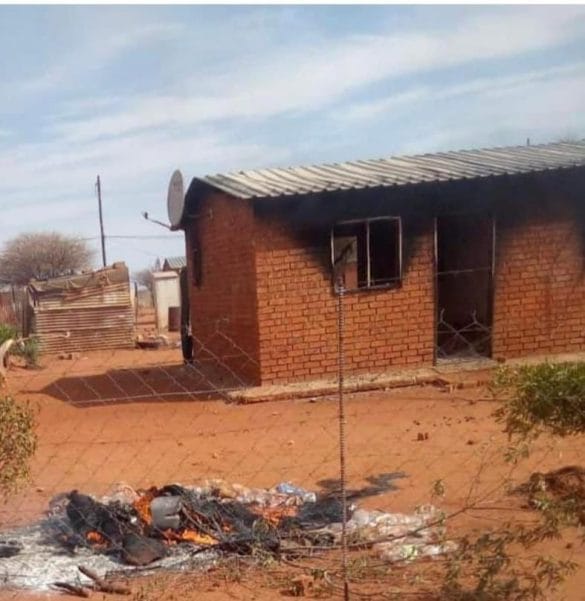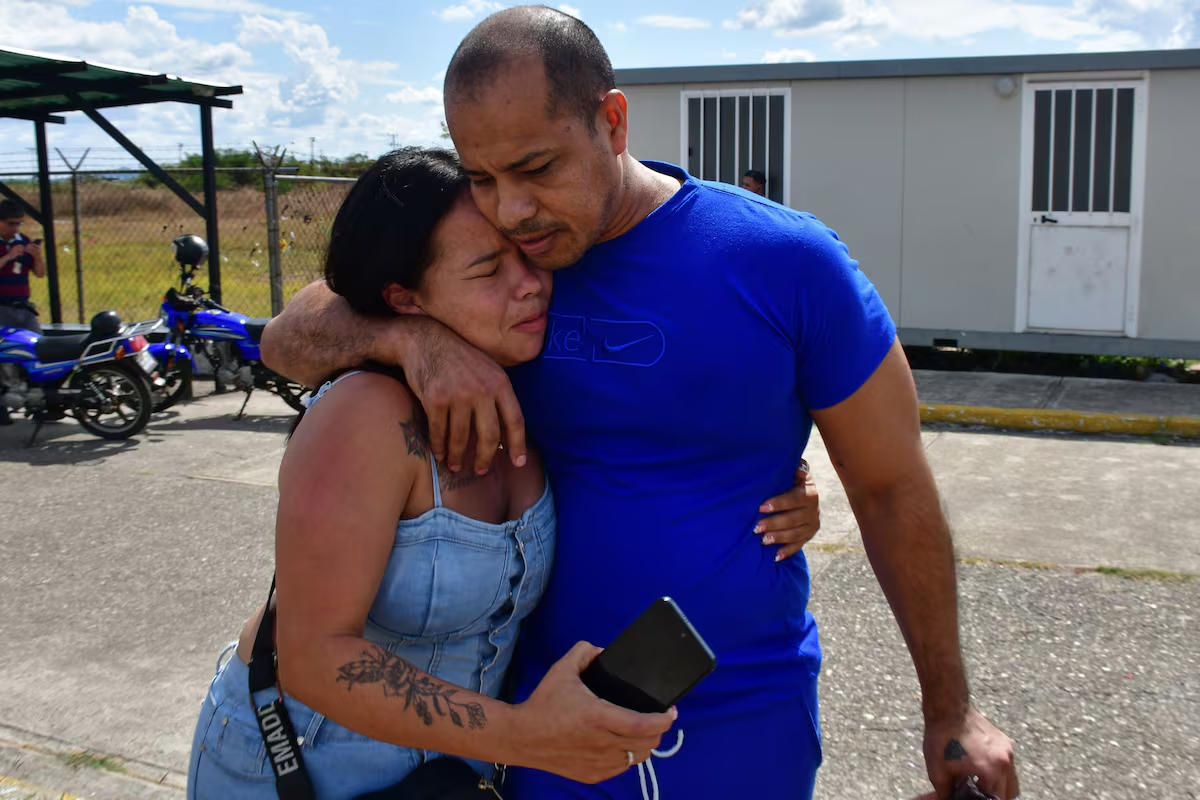Seven men and one woman are set to face court following their arrest on Sunday for the murder of a traditional healer in Magogong village, Taung, Potchefstroom, on October 20th.
After the charred body of a young girl was found in a pit latrine on the same day, the aforementioned individuals suspected the involvement of the village's traditional healer, kidnapping and assaulting her son before setting her shack ablaze.
What You Need to Know
Upon escaping the shack fire, the healer was then killed by the eight suspects.
Provincial Police Commissioner Lieutenant General Sello Kwena has urged the Tuang community to refrain from taking justice into their own hands and thanked the investigative team for their 'swift action in apprehending the suspects.'
This incident follows the mob justice killing of a 28-year-old man in Potchefstroom's Wolmaransstad in late April.
The 28-year-old man stood accused by the community of killing his pregnant girlfriend. Three suspects aged between 22 and 40 years then attacked the man, doused him in paraffin, and set him ablaze. The man died in hospital five days later as a result of his wounds.
The Details
Seen as a safer area than the likes of Johannesburg and Pretoria, crime in Potchefstroom has been incrementally rising, which may be linked to a deteriorating trust in the nation's security services as well as a lack of trust in the community.
Although a small university town, commonplace robbery and petty crime remain high; however, one can walk outside during daylight hours and face little threat. Mob justice attacks are not uncommon in South Africa, particularly in lower income communities where crime is rife. Residents who feel as though they have been left behind by the country's security services oftentimes take justice into their own hands, as crime continues to decimate social cohesion in the country.
However, the establishment of the Government of National Unity (GNU) following the defeat of the ruling African National Congress (ANC) during the nation's May 29 election has brought about some change in the policing sphere—particularly in KwaZulu-Natal.
Other regions and towns, however, are facing a rise in crime, especially violent crime, as seen in Potchefstroom. What exactly is driving this increase cannot be pinpointed, as a rise in the cost of living, increased tax, racial tensions stirred up by political parties, community mistrust, and police corruption all play a part in the deteriorating security situation.
As states, community trust in the South African Police Service (SAPS) remains low. Corruption and mismanagement during the reign of the ANC have eroded citizen support for state security agencies, with many citizens opting to pay for services from private security companies.
In low-income communities, there is little money available to pay for private security services, prompting residents to undertake their own form of policing and subsequent sentencing, as seen in this case.















Discussion